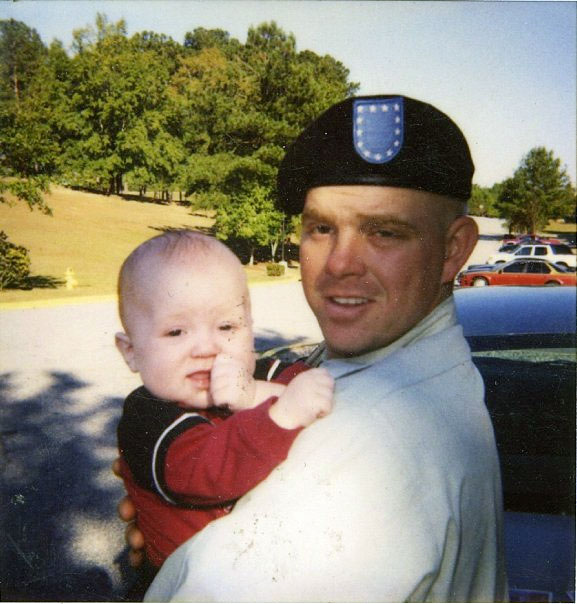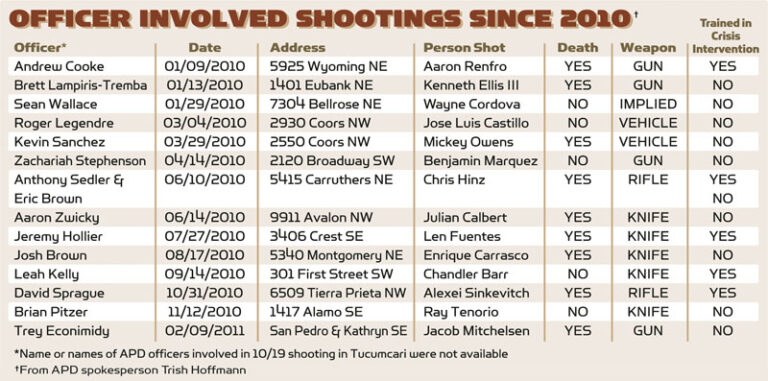Newscity: Could Apd Crisis Training Have Saved A Veteran’s Life?
Could Apd Crisis Training Have Saved A Veteran’s Life?


Kenneth Ellis III with his son and namesake in January of 2006
Courtesy of Jonelle Ellis





